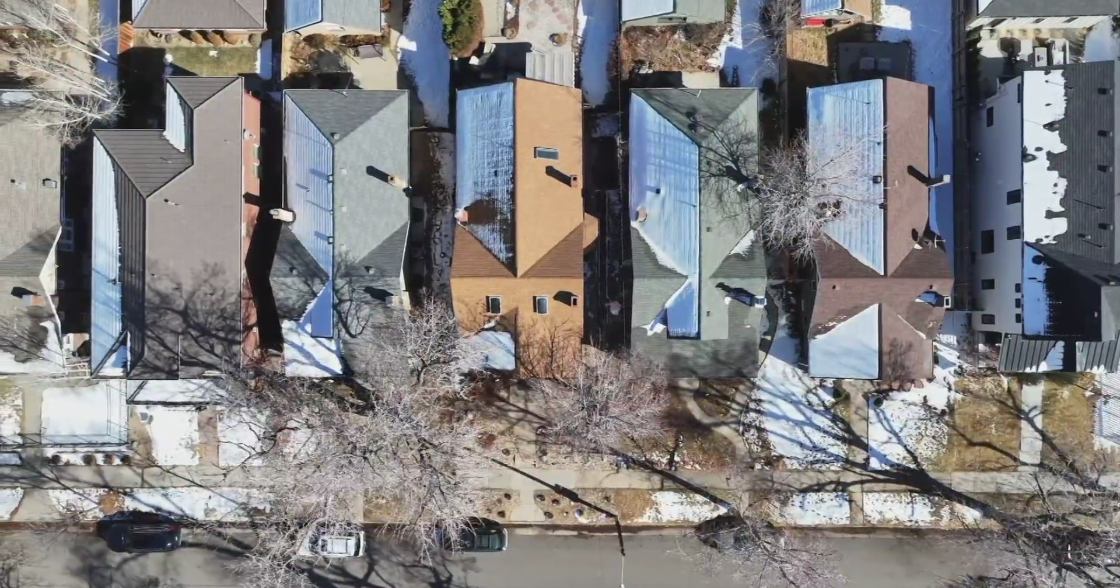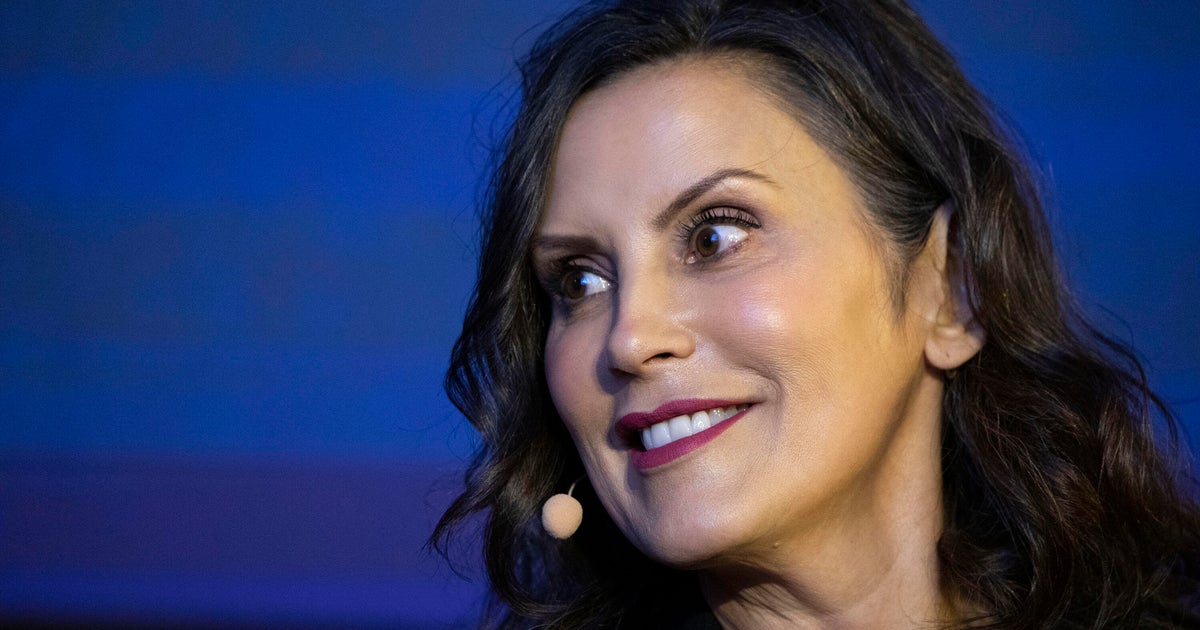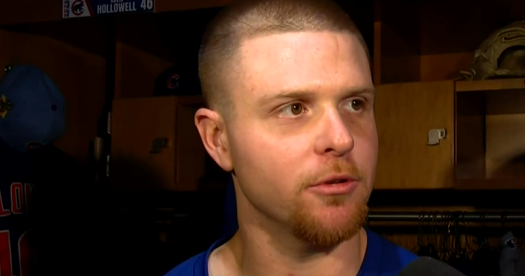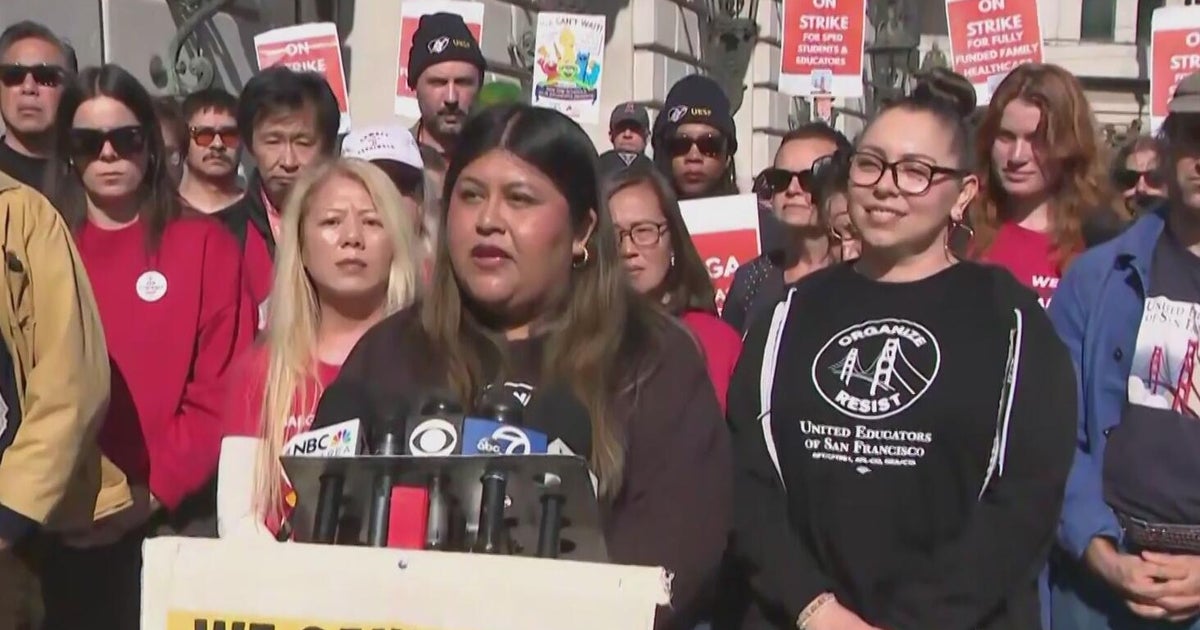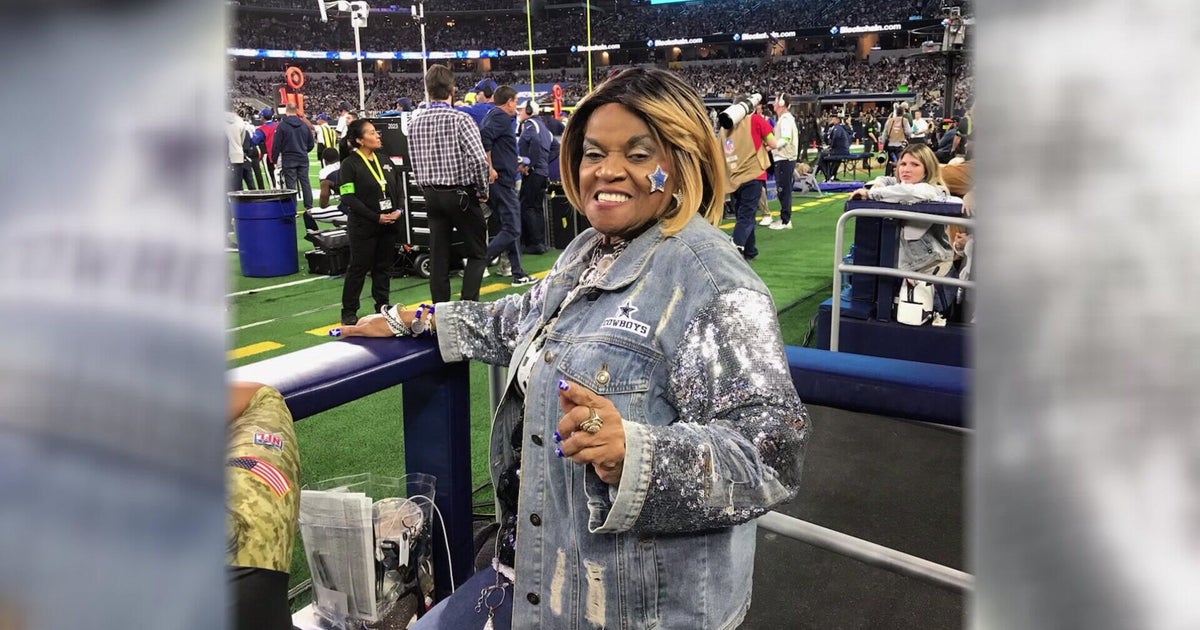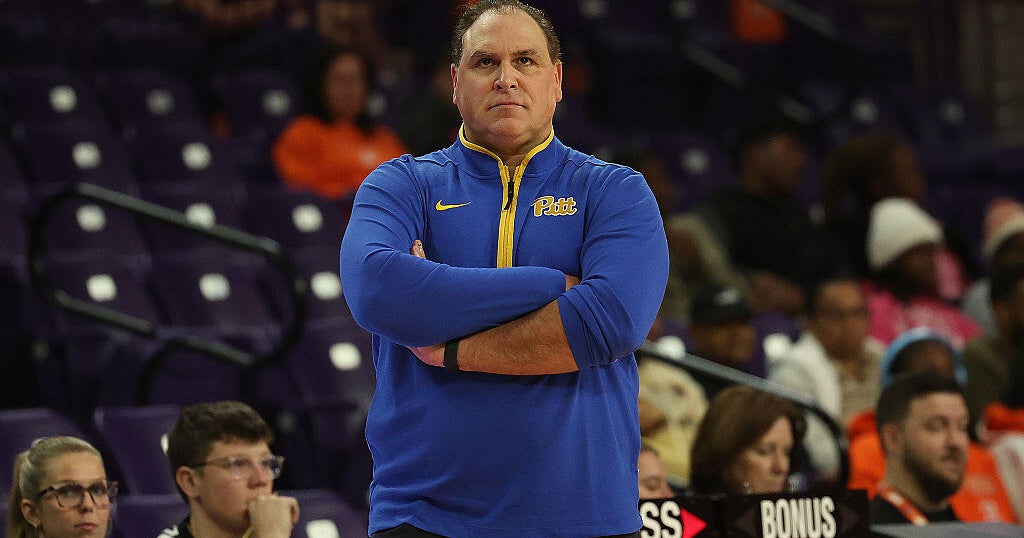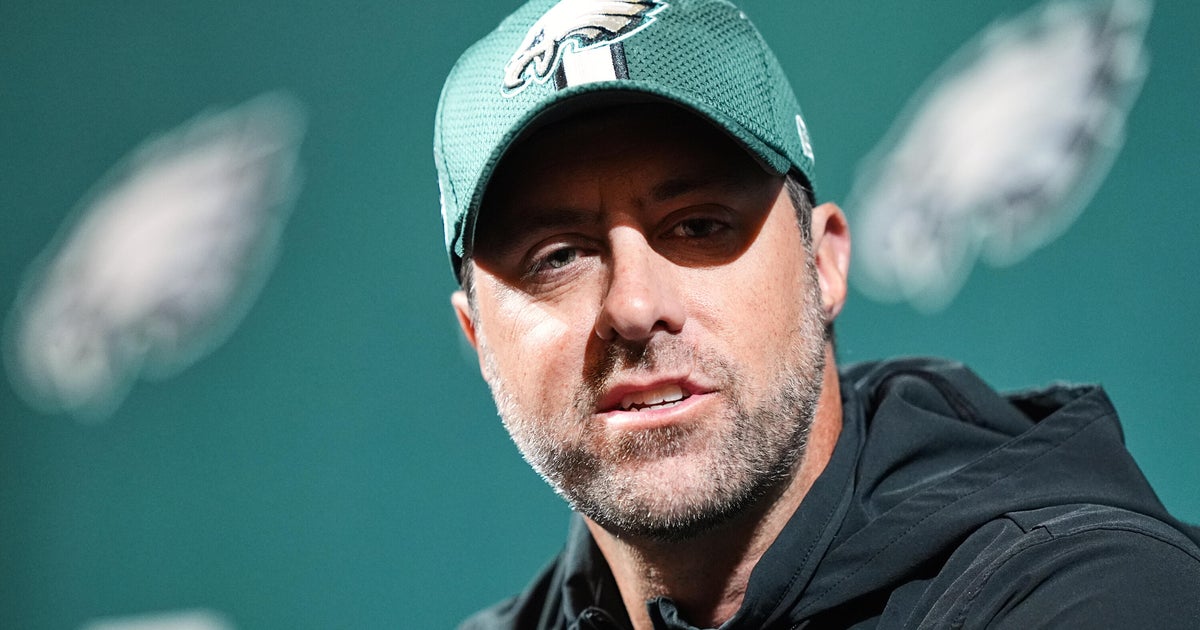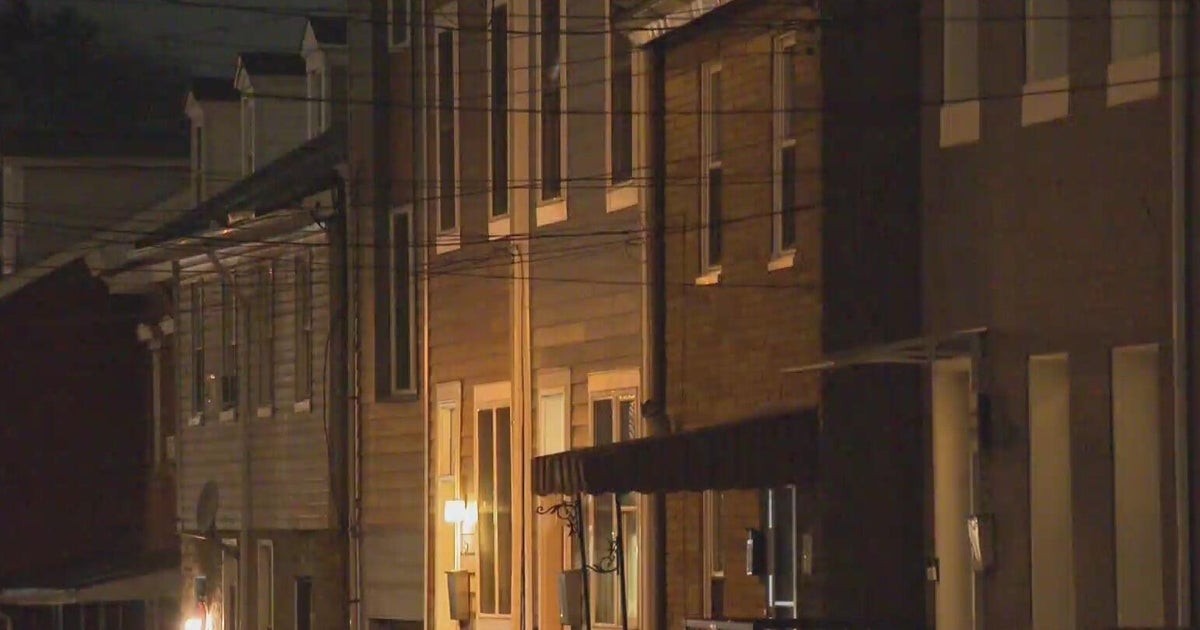Budgeting A Big Concern For Players
The NFL lockout means players won't be seeing any income until a new agreement is made. Players have to budget carefully and cover their own insurance expenses. Though many NFL players anticipated the lockout, some lower paid rookies will have a harder time keeping up with their expenses.
"Show me the money" - the famous line from the movie "Jerry Maguire" - has taken on a whole new meaning in the NFL's labor impasse.
For the players, it's morphed into "Show me how much I need for bills my team used to pay."
Since the owners implemented a lockout last Saturday, players are responsible for singing up for and funding their own health benefits, or COBRA policies. The average monthly fee for a family policy is $2,400, the players' association says.
According to the NFL, the average player salary rose about 35 percent - from $1.4 million in 2005, the last year of the old deal, to $1.9 million in 2009. The league didn't have comparable figures for 2010 because there was no salary cap in place.
Players are paid each of the 17 weeks of the regular season and get limited stipends during training camp and the preseason. So no paychecks would be arriving this time of year. But with no collective bargaining agreement, any roster or signing bonuses due players are not being paid. They also must pay for their own workouts and for insurance against injury during those sessions because team facilities are off-limits.
"The biggest concern right now is that we have some young players who don't have insurance and who have to pay COBRA and who may not have the ability to pay COBRA over a long term," NFLPA president Kevin Mawae said Thursday at the organization's annual meetings. "Is it a ton of players? No. But is it concern enough for us? Absolutely.
"As far as preparing for the lockout, players don't get paid between this time of year and August, anyway. So they should already be in that mode, because that's what the offseason has always been for them. As far as what happens when the regular season kicks in and there's a lockout then? Then guys are going to start missing checks. But our players have known for the last two years that they've been asked to start saving money, cut down on the lifestyle and be ready for the worst-case scenario. And we believe that the majority of our players are."
Still, plenty of money questions from vets and younger players alike are being fielded by members of the NFLPA's board of directors - called player reps before the union dissolved last week.
"Just last week I was at a clinic in Hawaii and a veteran was asking me not only how health care works, but how does the money play into it," Steelers tackle Max Starks said. "We have to go through all scenarios with how this can play out, and we do.
"We've told guys a year out that this (lockout) could happen and to be smart and to cover your expenses. A lot of them might understand, but their families don't. Their wives or parents or fiancees don't. They have people asking to loan them money, people who may be counting on them, and they haven't said no. They need to have the ability to say no."
If owners are counting on players to break rank because money is tight, the first sign of that likely would come in late summer.
The minimum salary was $320,000 for rookies in 2010; $395,000 for one year of experience; up to $630,000 for four to six years; $755,000 for seven to nine seasons; and $855,000 for 10 and above. The average career is about 3.5 years.
"We're going to keep united long term," said Jets fullback Tony Richardson, a 16-year veteran and longtime member of the NFLPA executive committee. "Our leadership has been giving information and our guys have to know to prepare to get their bills paid.
"If one of our guys needs help, I'll reach out and help him and make sure we hear his needs. The guys who bury themselves in a corner and say, `I've got to come out (and break ranks),' those are the guys we've got to reach."
Richardson wasn't around for the 1987 strike when dozens of players, including stars like Joe Montana and Lawrence Taylor, crossed picket lines after the owners staged games with non-union replacement players. But he understands the pressures his peers will face if they haven't socked away enough money.
"We're not at a place at all yet where guys say they financially are in bad situations," he said. "We have a lockout fund. We planned for this years ago."
Copyright 2011 by STATS LLC and The Associated Press. Any commercial use or distribution without the express written consent of STATS LLC and The Associated Press is strictly prohibited.
